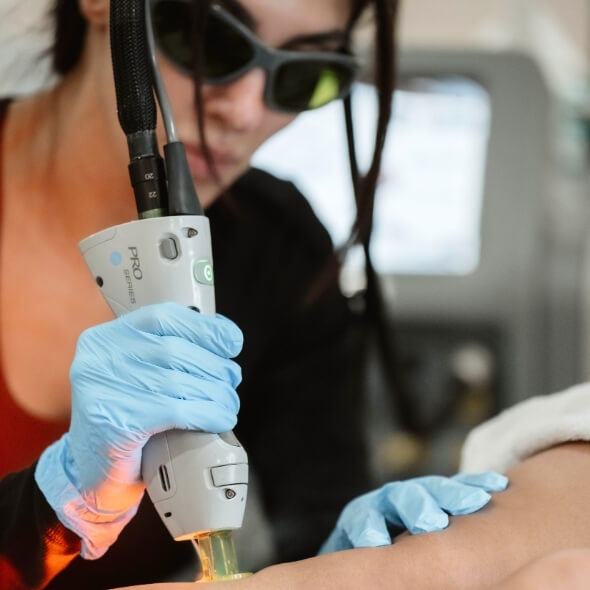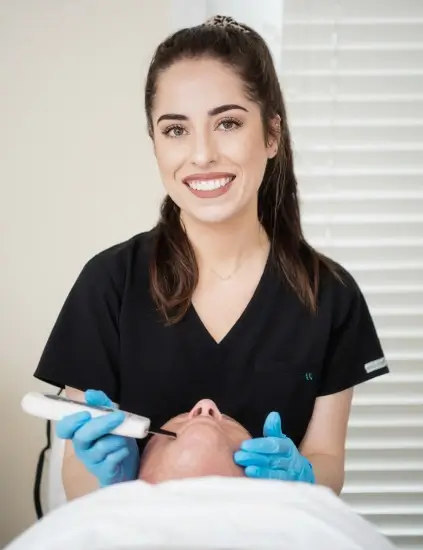Running a medical spa in Florida isn’t just about aesthetics, but about following the law, more specifically, the medical spa requirements in Florida. Many treatments offered in med spas, like Botox, laser resurfacing, and chemical peels, are legally considered medical procedures. This means the Florida Board of Medicine controls who can perform them, how the facility operates, and the level of physician oversight required.
Ownership Rules You Can’t Ignore
Why Only Physicians Can Own Medical Services
Florida law doesn’t allow non-physicians to own businesses that provide medical services. If your spa offers injectables, lasers, or any procedure affecting living tissue below the skin, a Florida-licensed physician must own that portion of the business.
Using a Management Services Organization (MSO)
Many spa owners partner with an MSO to handle non-clinical operations like marketing, staffing, or billing, while the physician owns the clinical side. But this setup must be carefully documented. Contracts that tie physician pay to patient volume or give the MSO control over medical decisions are illegal.
The Role of the Medical Director
A medical director in med spas should not be seen as just a signature. Florida requires a physician who actively creates treatment protocols, reviews patient charts, and is present during procedures needing direct supervision. Using a figurehead who never visits the facility is a frequent reason for enforcement actions.
Direct vs. General Supervision
Some treatments require the physician to be physically present, this is called direct supervision. This applies to things like Botox injections and non-ablative laser treatments. Other, less invasive procedures may only require general supervision, which still must follow the legal definition.

Staffing and Scope of Practice
Nurses and Physician Assistants
Registered nurses can give Botox or fillers under a written protocol with direct physician oversight. Physician assistants have a broader scope but must have a supervisory agreement filed with the Board of Medicine.
Estheticians: What They Can and Can’t Do
When people become a Florida-licensed esthetician, they can provide basic facials, skincare consultations, and superficial chemical peels (under 30% acid). But they cannot perform microneedling, lasers, or any procedure that penetrates the dermis.
Lasers: A Special Case
Non-ablative lasers, like hair removal devices, can be operated by trained personnel under physician supervision. Ablative lasers, which remove skin layers, must be used only by physicians.

Facility Operations and Compliance
AHCA Licensing
Most med spas need to register with the Agency for Health Care Administration (AHCA). This involves submitting floor plans, infection control policies, and biohazard waste agreements. Exemptions are rare and usually limited to minimal procedures in physician offices.
Patient Records and Documentation
Every patient must have complete medical records, including informed consent, treatment notes, and proof of physician involvement. These must be securely stored for at least seven years in compliance with HIPAA.
Advertising Rules
Marketing must accurately reflect who provides the care. You can advertise “nurse injectors,” but only if it’s clear that services are provided under physician supervision. Avoid exaggerations like “permanent results,” which can trigger scrutiny.
Clinical Protocols and Training
Detailed Protocols Are Required
Physicians must create separate protocols for each treatment, specifying who can perform it, required training, contraindications, and emergency procedures.
Verifying Training
Staff must complete procedure- or device-specific training, which the supervising physician must approve. Generic certificates without physician validation are not enough.

In-Person Consultations Are Mandatory
Florida law requires a face-to-face evaluation by a physician before Botox or filler injections. Telehealth does not meet this requirement. The consultation must include a medical history review and assessment of suitability.
Launching Your Med Spa the Right Way
Before signing a lease or hiring staff, review Chapter 458 of the Medical Practice Act and related administrative codes to make sure your services comply with legal scopes of practice. Compliance is part of daily operations. Keep up-to-date training logs, signed protocols, and supervision records, they are the backbone of a legally compliant practice.
Medical spa requirements in Florida exist because aesthetic medicine carries real risks. Fillers can cause vascular blockages, lasers can burn skin, and improper technique can lead to infections. Florida’s regulations protect patients and providers alike. Regardless of location, every Florida med spa must deliver medical procedures safely and under direct physician supervision.



